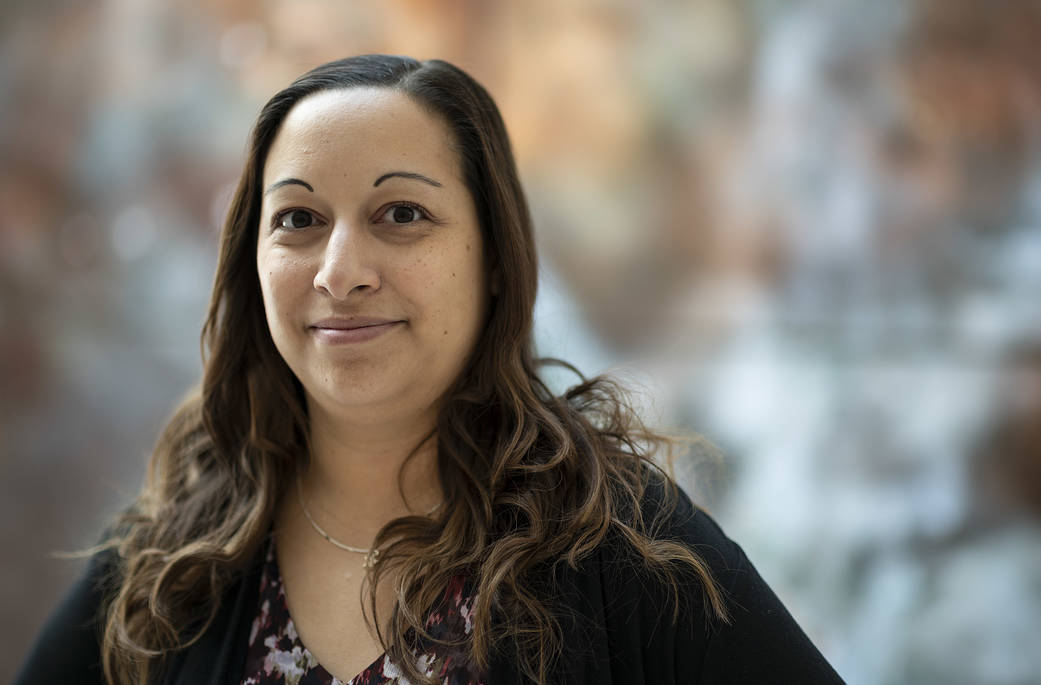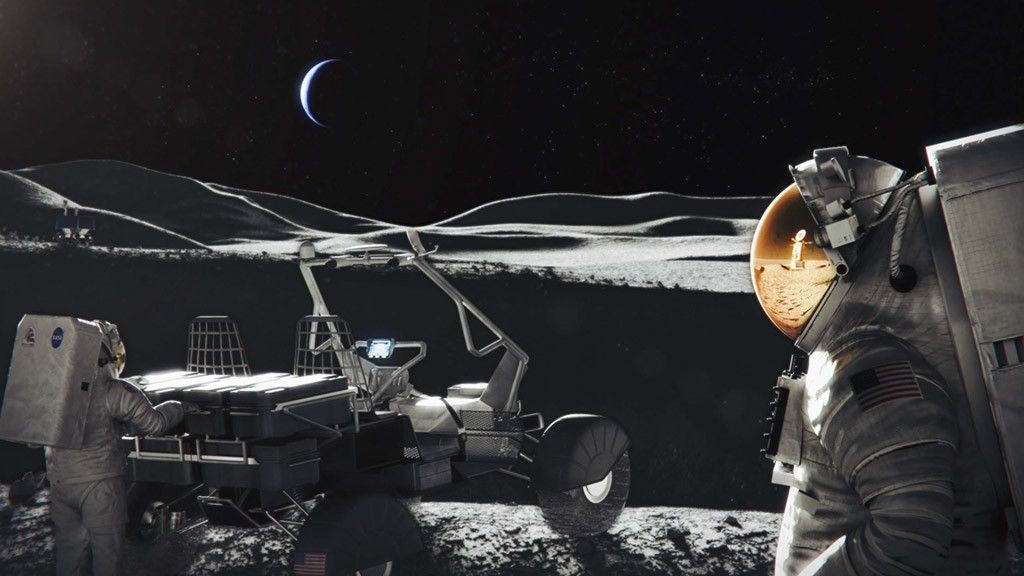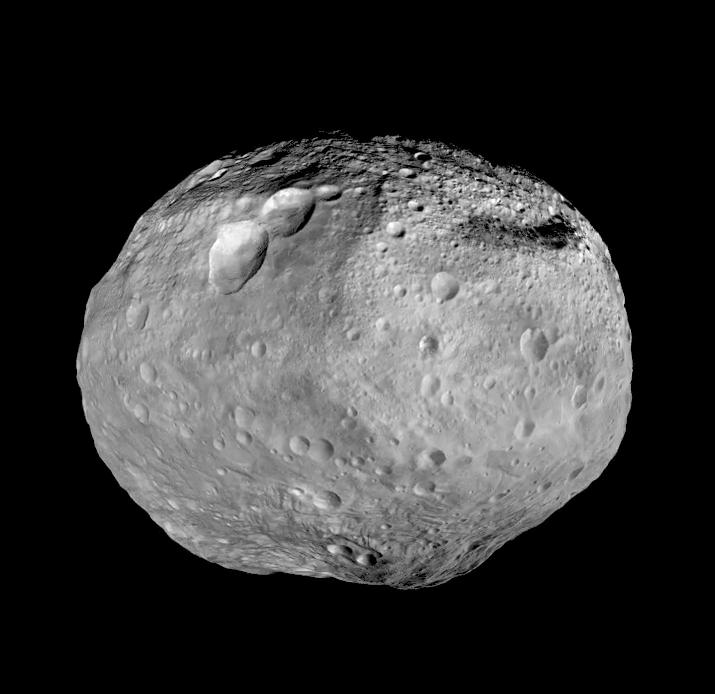
“I liked every subject in school, but I think I always liked math and science the most. At the time, math seemed to always have just one answer, versus English or history where you always had to interpret things. The funny part is, once you get more into research, there’s never really one answer. You are always interpreting your data.
“Data are almost tangible, even though you can’t literally touch them. You can measure the brightness of a star. You can measure the radius of a planet. You can physically see what a telescope collected and the data that come out. You can see how a star is changing over time. You can say, oh look, there’s a periodic dip! There’s a planet! And then you can say, okay, let’s take this dip and look at it across the whole spectrum of light and then you realize: this planet has an atmosphere! It has clouds, just like Earth, or Jupiter! So what does that all mean? So now, I appreciate the interpretive aspect of astronomy.
“I love that there’s just so much to learn from all different-sized planets. The giant ones, down to the little ones.”
— Knicole Colon, Research Astrophyicist, Goddard Space Flight Center
Image Credit: NASA / Joel Kowsky
Interviewer: NASA / Thalia Patrinos




























